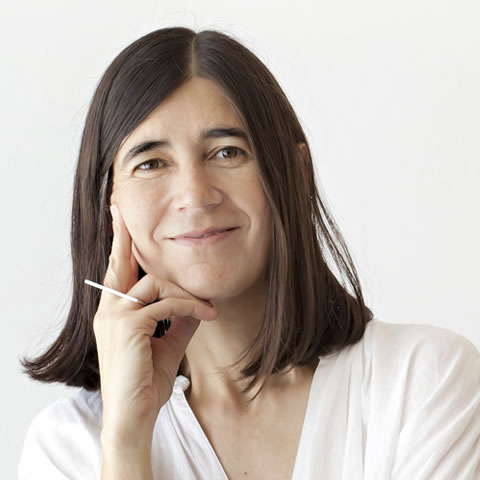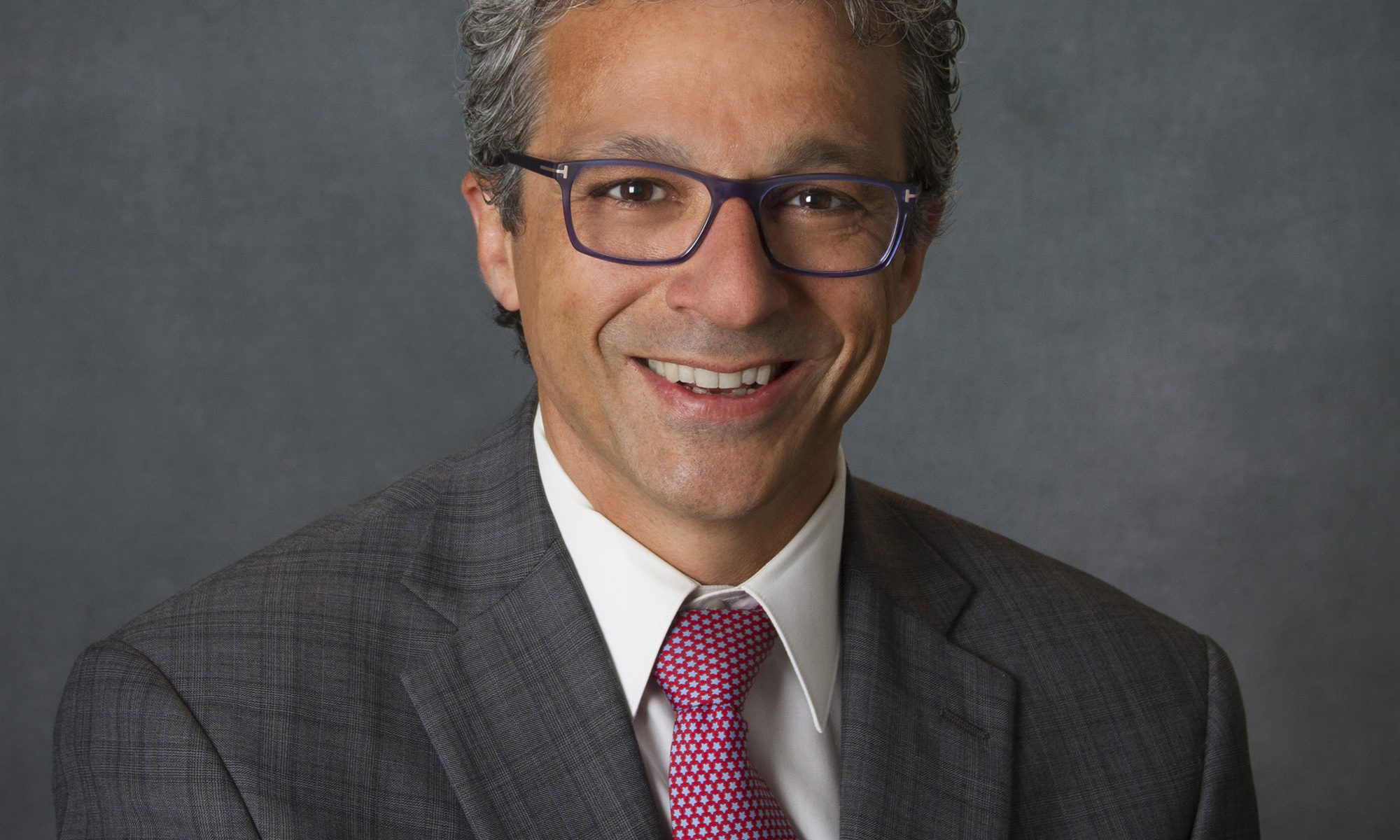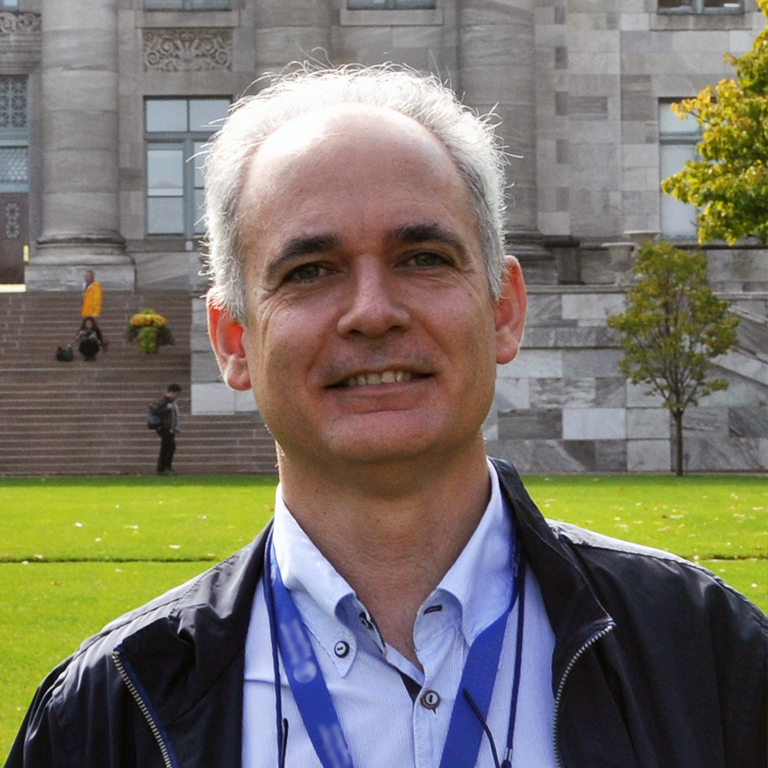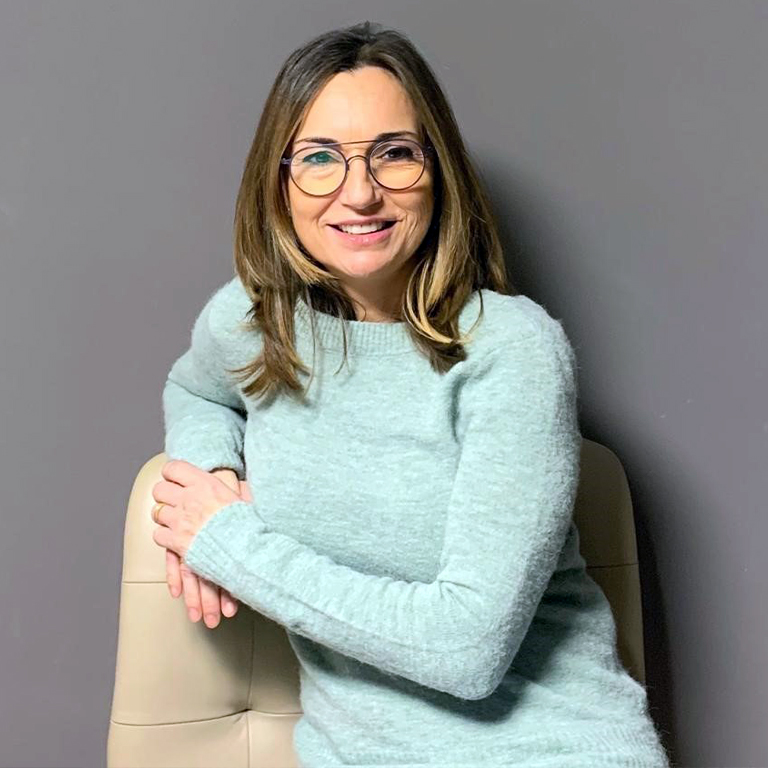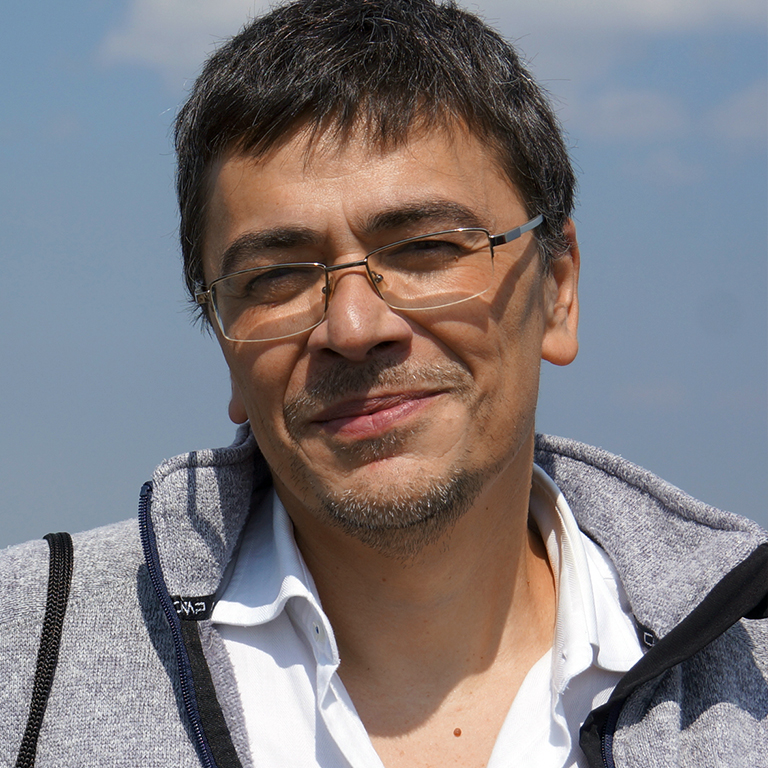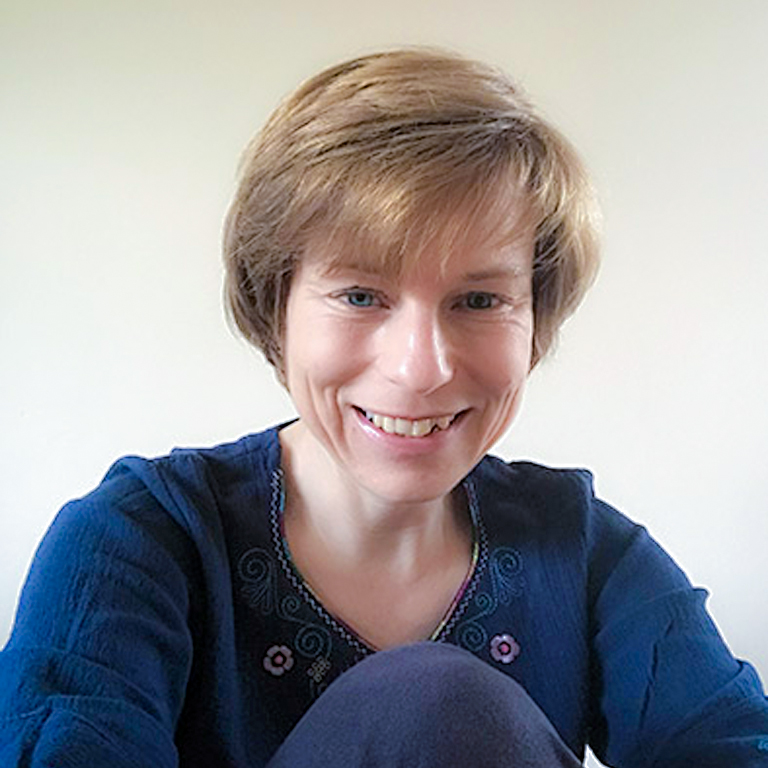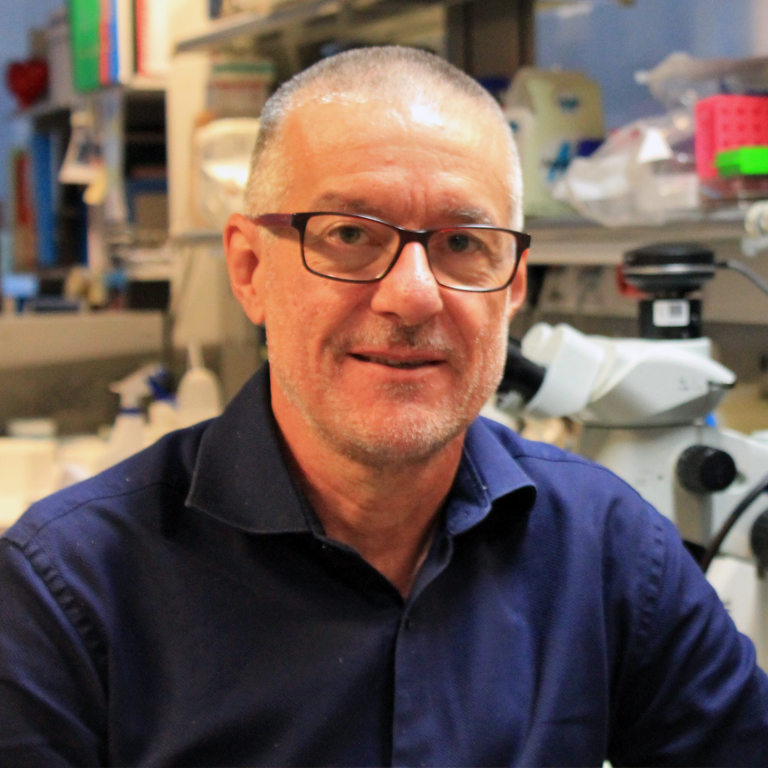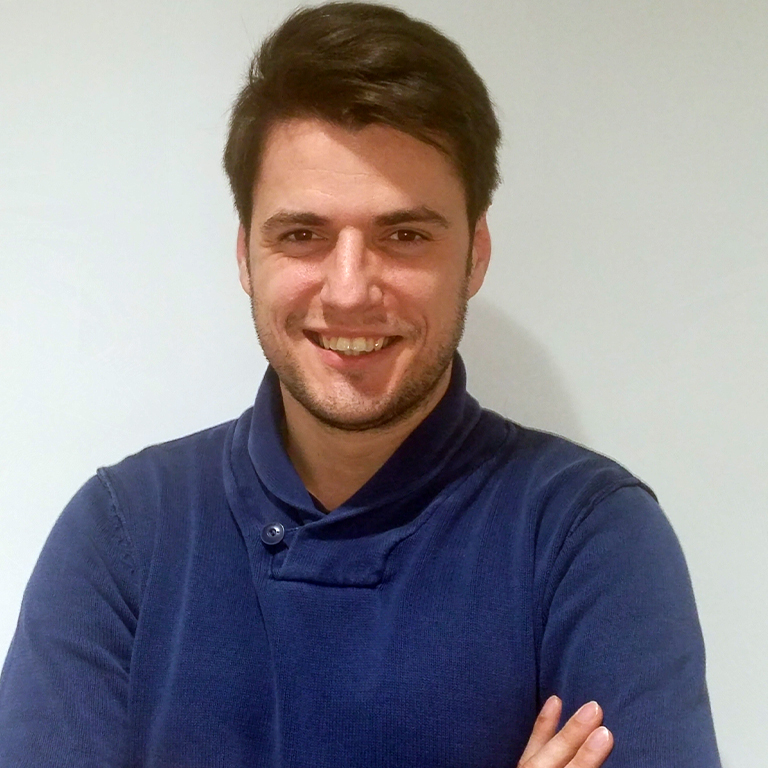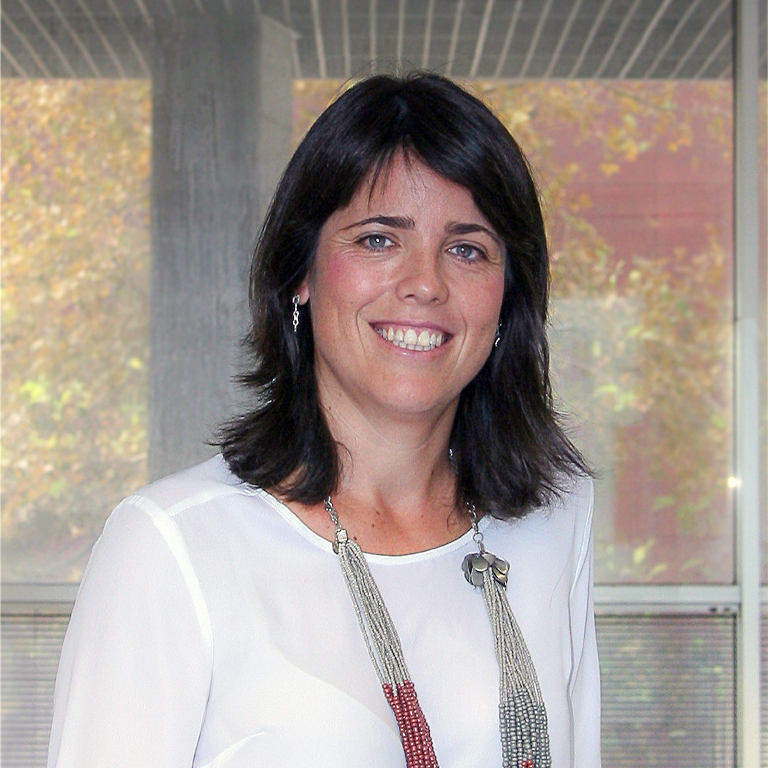She was born in San Vicent del Raspeig, Alicante, in 1965 and she holds a PhD in Biochemistry and Molecular Biology. She was a pupil of Margarita Salas, a pioneering researcher in those fields and she has also worked with Carol W. Greider, who received the Nobel Prize in Medicine in 2009, in the prestigious Cold Spring Harbor Laboratory of New York. Her research has mainly focused on telomeres and telomerase, which are closely linked to the ageing process and the diseases associated with it. As for her professional career in Spain, she joined the Spanish National Research Council (CSIC) and led a team of researchers at the Department of Immunology and Oncology of the National Centre for Biotechnology. She started working for the Spanish National Cancer Research Centre (CNIO), which she currently heads. She has received national and international awards, such as the Ramón y Cajal National Award for Research or the European Molecular Biology Organization (EMBO) Gold Medal for best European researcher under the age of 40.
